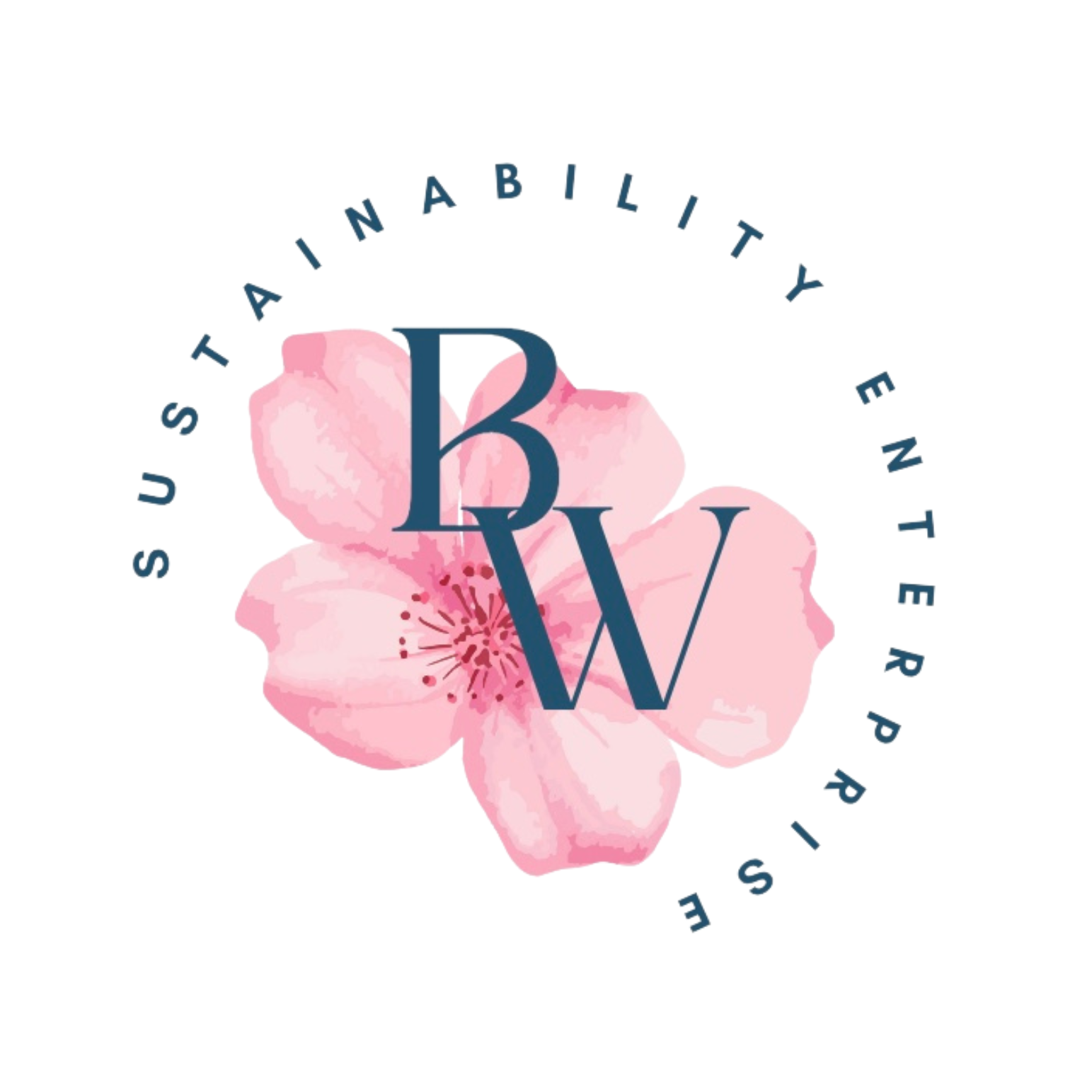How to Market Your Business as Sustainable (Without Greenwashing)

As sustainability becomes an increasingly important factor in consumer decision-making, businesses everywhere are eager to showcase their eco-friendly efforts. However, with the rising popularity of “green” marketing, businesses must tread carefully to avoid falling into the trap of greenwashing — a term used to describe when a company falsely claims to be environmentally responsible for the sake of appealing to conscious consumers. So, how can you authentically market your business as sustainable without misleading your audience? It all comes down to honest storytelling, transparency, and impact reports.
1. Tell Your Story Honestly
The heart of effective sustainable marketing is authenticity. Consumers today are savvy and can easily detect when a company is simply jumping on the green bandwagon. Instead of making exaggerated claims, tell your sustainability story from the heart. Share where your journey started, the challenges you’ve faced, and the genuine steps you’ve taken to become more eco-friendly. Highlight specific efforts, such as using eco-friendly materials, reducing waste, or sourcing locally.
Make your messaging transparent by being honest about your progress and any setbacks you’ve encountered. For example, if you’re working toward a goal like carbon neutrality but haven’t reached it yet, don’t be afraid to share that. This builds trust with your audience and shows that you are committed to long-term change rather than just greenwashing for the short term.
2. Be Transparent About Your Practices
Transparency is crucial when marketing your business as sustainable. Avoid vague claims like “eco-friendly” or “green” unless they are supported by concrete evidence. Be specific about the practices you’ve put in place to make your business more sustainable. For example, do you use recycled materials? If so, explain where they come from and how they’re processed. If your energy comes from renewable sources, let your audience know which sources you use and what percentage of your energy consumption is powered by them.
Being upfront with your practices shows your commitment to authenticity and creates a connection with conscious consumers who appreciate transparency. Moreover, it helps your brand stand out as genuinely eco-conscious amidst the sea of companies making broad, unsubstantiated claims.
3. Provide Impact Reports
One of the most effective ways to avoid greenwashing and demonstrate your sustainability efforts is by providing regular impact reports. These reports are an opportunity to share verifiable data on your environmental impact and showcase tangible results from your sustainability initiatives. You can include metrics such as the amount of waste reduced, the carbon emissions saved, the percentage of your products sourced sustainably, or the impact of your corporate social responsibility initiatives.
These reports not only help consumers understand how you’re making a difference but also hold your business accountable. By consistently reporting on your environmental footprint and the effectiveness of your sustainability programs, you provide an ongoing, transparent narrative of your journey. Make these reports easily accessible on your website and include them in your marketing materials to show that your commitment to sustainability is genuine, measurable, and evolving.
4. Highlight Certifications and Third-Party Audits
To further reinforce your sustainability claims, highlight certifications and third-party audits that back up your practices. Whether it’s B Corp certification, Fair Trade, LEED, or another recognized sustainability certification, these third-party endorsements lend credibility to your efforts and assure consumers that you meet high environmental and social standards.
5. Avoid the Trap of Over-Exaggeration
It’s tempting to paint a rosy picture of your brand’s sustainability achievements, but over-exaggerating or making false claims can backfire. Greenwashing can not only hurt your credibility but also alienate environmentally-conscious consumers. Focus on truth and accuracy — even if that means admitting where you’re still working to improve.
Conclusion
Marketing your business as sustainable requires more than just slapping green labels on your products. It’s about authenticity, transparency, and accountability. By telling an honest story, being transparent about your practices, providing impact reports, and highlighting certifications, you can differentiate your business in a crowded marketplace while fostering long-lasting trust with your audience. Keep your sustainability efforts genuine, and your marketing will naturally reflect that commitment, without the need for greenwashing.




